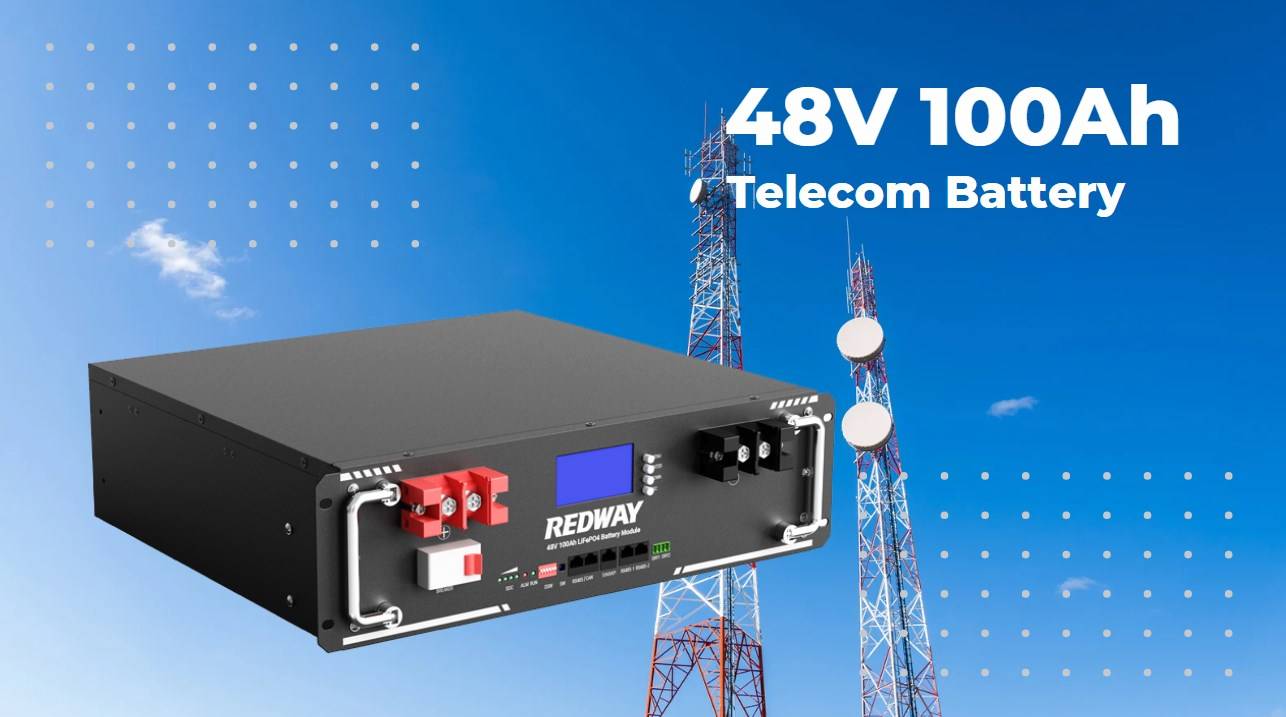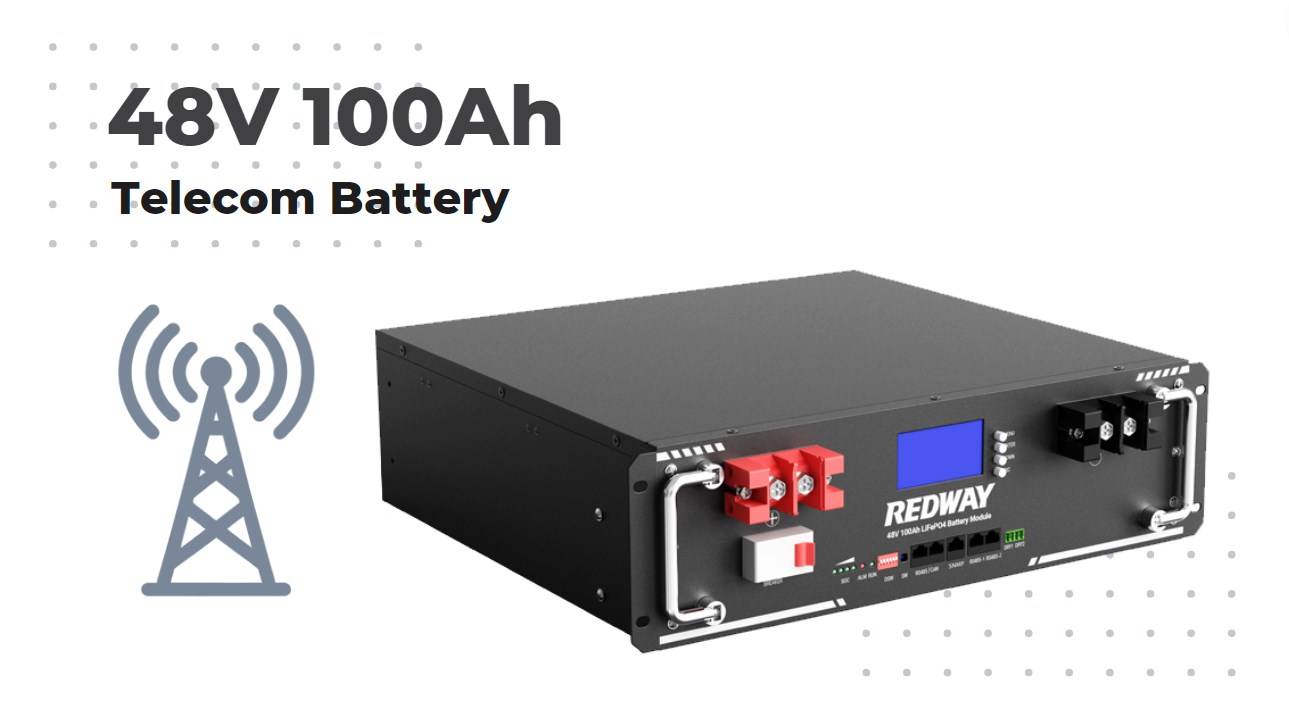- Lithium Golf Cart Battery
- Forklift Lithium Battery
-
48V
- 48V 210Ah
- 48V 300Ah
- 48V 420Ah (949 x 349 x 569 mm)
- 48V 420Ah (950 x 421 x 450 mm)
- 48V 456Ah
- 48V 460Ah (830 x 630 x 590 mm)
- 48V 460Ah (950 x 421 x 450 mm)
- 48V 460Ah (800 x 630 x 600 mm)
- 48V 460Ah (820 x 660 x 470 mm)
- 48V 500Ah
- 48V 560Ah (810 x 630 x 600 mm)
- 48V 560Ah (950 x 592 x 450 mm)
- 48V 600Ah
- 48V 630Ah
-
48V
- 12V Lithium Battery
12V 150Ah Lithium RV Battery
Bluetooth App | BCI Group 31
LiFePO4 Lithium
Discharge Temperature -20°C ~ 65°C
Fast Charger 14.6V 50A
Solar MPPT Charging - 24V Lithium Battery
- 36V Lithium Battery
- 48V Lithium Battery
-
48V LiFePO4 Battery
- 48V 50Ah
- 48V 50Ah (for Golf Carts)
- 48V 60Ah (8D)
- 48V 100Ah (8D)
- 48V 100Ah
- 48V 100Ah (Discharge 100A for Golf Carts)
- 48V 100Ah (Discharge 150A for Golf Carts)
- 48V 100Ah (Discharge 200A for Golf Carts)
- 48V 150Ah (for Golf Carts)
- 48V 160Ah (Discharge 100A for Golf Carts)
- 48V 160Ah (Discharge 160A for Golf Carts)
-
48V LiFePO4 Battery
- 60V Lithium Battery
-
60V LiFePO4 Battery
- 60V 20Ah
- 60V 30Ah
- 60V 50Ah
- 60V 50Ah (Small Size / Side Terminal)
- 60V 100Ah (for Electric Motocycle, Electric Scooter, LSV, AGV)
- 60V 100Ah (for Forklift, AGV, Electric Scooter, Sweeper)
- 60V 150Ah (E-Motocycle / E-Scooter / E-Tricycle / Tour LSV)
- 60V 200Ah (for Forklift, AGV, Electric Scooter, Sweeper)
-
60V LiFePO4 Battery
- 72V~96V Lithium Battery
- Rack-mounted Lithium Battery
- E-Bike Battery
- All-in-One Home-ESS
- Wall-mount Battery ESS
-
Home-ESS Lithium Battery PowerWall
- 24V 100Ah 2.4kWh PW24100-S PowerWall
- 48V 50Ah 2.4kWh PW4850-S PowerWall
- 48V 50Ah 2.56kWh PW5150-S PowerWall
- 48V 100Ah 5.12kWh PW51100-F PowerWall (IP65)
- 48V 100Ah 5.12kWh PW51100-S PowerWall
- 48V 100Ah 5.12kWh PW51100-H PowerWall
- 48V 200Ah 10kWh PW51200-H PowerWall
- 48V 300Ah 15kWh PW51300-H PowerWall
PowerWall 51.2V 100Ah LiFePO4 Lithium Battery
Highly popular in Asia and Eastern Europe.
CE Certification | Home-ESS -
Home-ESS Lithium Battery PowerWall
- Portable Power Stations
Advantages of Lithium Ion Batteries for Telecom Towers

Telecom towers are the backbone of modern communication. They facilitate seamless connectivity, keeping us linked in an increasingly digital world. But behind this technological marvel lies a pressing challenge: energy needs. These towering giants require reliable power sources to function optimally, especially with the rise of 5G and IoT.
As we push for faster and more efficient networks, the demand for advanced battery solutions grows stronger. Traditional batteries have served their purpose well but often fall short in meeting today’s rigorous demands. Enter lithium-ion batteries—a game changer that promises not only efficiency but also sustainability.
Let’s explore why lithium-ion batteries are becoming the top choice for telecom towers and how they can revolutionize energy management in this vital sector.
The Evolution of Batteries in Telecom Towers
Telecom towers have come a long way when it comes to energy storage solutions. Initially, lead-acid batteries were the go-to choice for powering these vital communication hubs. They served their purpose but came with several drawbacks, including heavy weight and limited lifespan.
As technology advanced, the industry began exploring alternatives. Nickel-cadmium batteries emerged next but faced criticism due to environmental concerns and lower efficiency rates.
The shift towards lithium ion batteries marks a significant milestone in this evolution. These modern power sources offer remarkable benefits over their predecessors. Their lightweight design simplifies installation and maintenance.
Additionally, lithium ion batteries can handle deeper discharges without compromising performance or life expectancy. This has transformed how telecom operators approach energy management at remote sites where reliability is crucial for uninterrupted service delivery.
Advantages of Lithium Ion Batteries for Telecom Towers
Lithium ion batteries bring remarkable benefits to telecom towers. Their high energy density ensures that these installations can operate efficiently without needing large battery banks. This space-saving advantage is crucial in remote locations where every square meter counts.
Fast charging capabilities further enhance their appeal. Telecom companies can reduce downtime and maintain service continuity, even during peak usage hours.
Another significant factor is the lifespan of lithium ion batteries. With a longer operational life compared to traditional lead-acid options, they require less frequent replacement, translating into reduced maintenance costs over time.
Moreover, lithium ion technology has made strides in environmental sustainability. They typically have a lower carbon footprint and are more recyclable than older battery technologies.
These advantages make lithium ion batteries an ideal choice for modernizing telecom infrastructure and meeting growing demands effectively.
Cost-Efficiency and Longevity
Cost-efficiency is a critical factor for telecom operators. Lithium ion batteries shine in this aspect due to their durability and lower total cost of ownership. Unlike traditional lead-acid batteries, they require less frequent replacement.
These advanced batteries can last up to twice as long, often exceeding 10 years with proper maintenance. This longevity translates into reduced operational costs over time.
Moreover, lithium ion technology requires minimal upkeep. Operators save on both labor and service expenses associated with battery management.
The initial investment may be higher than conventional options, but the savings accumulated through extended life cycles are significant. As energy demands rise in the telecom sector, investing in lithium ion batteries becomes not just smart but essential for sustainable growth.
High Energy Density and Fast Charging Capabilities
Lithium ion batteries stand out for their high energy density. This means they can store more energy in a smaller space compared to traditional battery types. For telecom towers, this is crucial. Space is often limited, and having a compact power source helps streamline operations.
Fast charging capabilities are another significant benefit. These batteries can recharge quickly, minimizing downtime during peak usage hours. In the fast-paced world of telecommunications, every minute counts. A rapid charge ensures that service remains uninterrupted.
Moreover, with advancements in technology, lithium ion batteries continue to improve efficiency and reduce charging times even further. Telecom providers can rely on these enhanced features to keep their networks running smoothly without interruptions or delays caused by low power reserves.
The combination of high energy density and swift recharging makes lithium ion an ideal choice for modern telecom infrastructure needs.
Environmental Sustainability
Lithium-ion batteries offer a greener alternative for telecom towers. Their efficiency reduces carbon footprints significantly compared to traditional lead-acid batteries.
These modern batteries are made from materials that can often be recycled, minimizing environmental impact at the end of their lifecycle. This recycling process helps conserve resources and lowers the demand for new raw materials.
Moreover, lithium-ion batteries have lower self-discharge rates. They retain power longer, allowing for less frequent replacements and reducing waste generated by discarded units.
By adopting these advanced energy solutions, telecom companies contribute to sustainability efforts while meeting increasing energy demands. The shift toward lithium-ion technology isn’t just about performance; it’s also about making smarter choices for our planet’s future.
Real-World Examples of Successful Implementation
Telecom companies around the globe are embracing lithium-ion batteries with impressive results. For instance, a major provider in India recently upgraded its network infrastructure using these advanced batteries. This shift not only reduced downtime but also improved overall service reliability.
In Europe, another telecom operator transformed its remote towers by integrating solar panels alongside lithium-ion storage systems. The combination allowed for energy independence and significantly decreased operational costs.
Meanwhile, a large carrier in North America has reported enhanced performance at urban sites through the adoption of smart battery management systems paired with lithium technology. This integration optimizes energy use based on real-time demand while extending battery life.
These examples highlight how innovative solutions lead to better efficiency and sustainability within the telecommunications sector. Companies are seeing tangible benefits that ultimately enhance user experience across vast networks.
Conclusion: The Future of Telecom Towers with Lithium Ion Batteries
The future of telecom towers is bright with the integration of lithium-ion batteries. As energy demands increase, these innovative power sources provide a compelling solution. Their cost-efficiency and longevity make them an attractive choice for operators looking to maximize uptime while minimizing maintenance costs.
Moreover, the high energy density coupled with fast charging capabilities ensures that telecom towers remain operational even during peak usage times or power outages. This reliability is crucial in maintaining communication networks that are increasingly vital to our daily lives.
Environmental sustainability also plays a significant role in this transition. Lithium-ion batteries produce fewer emissions compared to traditional battery technologies, aligning with global efforts towards greener solutions.
Real-world examples demonstrate the successful implementation of lithium-ion technology across various regions, showcasing enhanced performance and reduced operation costs. As advancements continue in battery technology, there will likely be further improvements in efficiency and capacity.
As we look ahead, it’s clear that lithium-ion batteries will play a pivotal role in transforming how telecom towers operate. Embracing this technology not only supports current needs but also paves the way for future innovations within the telecommunications industry.















